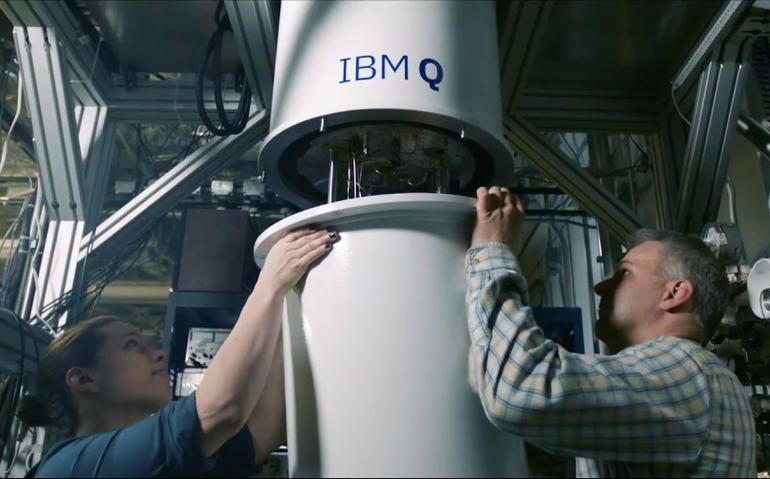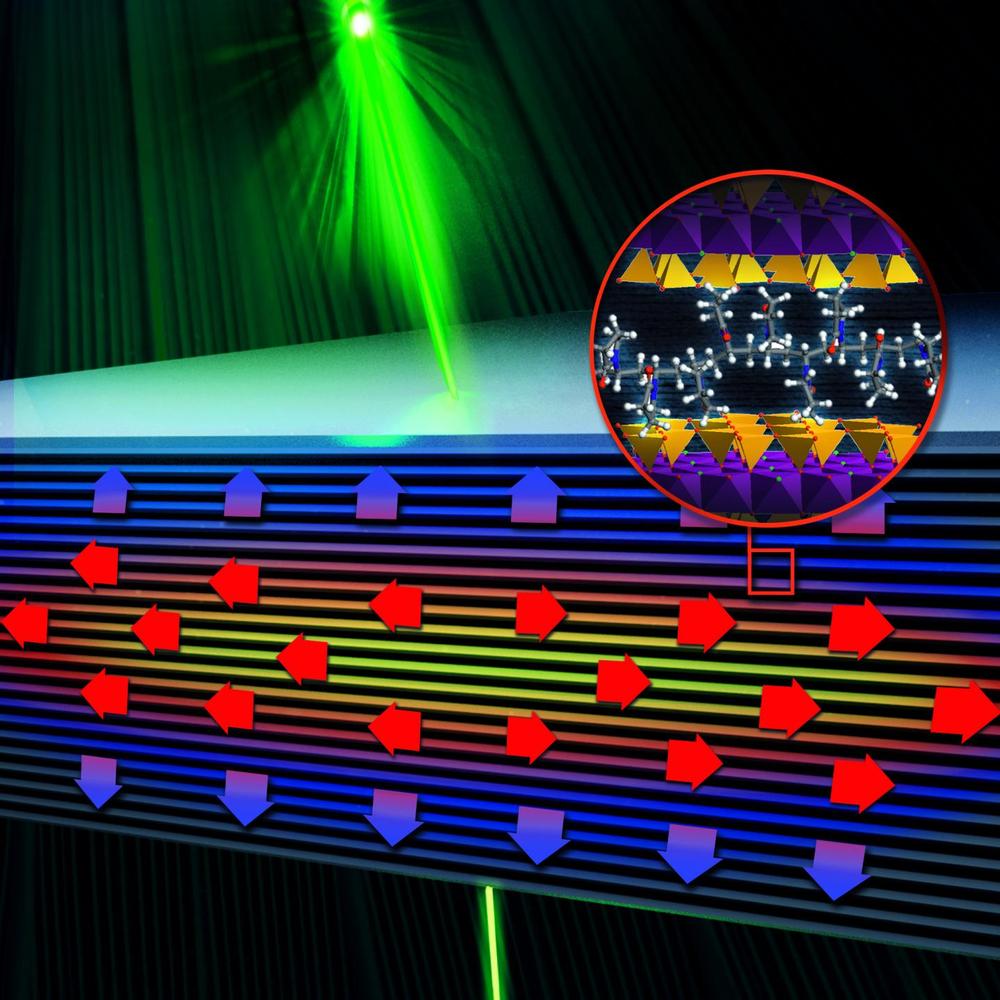Editor’s note: Geoff Woollacott is Senior Strategy Consultant and Principal Analyst at Technology Business Research. IBM and NC State are coperating on quantum computing development.
HAMPTON, N.H. – JPMorgan Chase announced on Jan. 22 the hiring of Marco Pistoia from IBM. A 24-year IBM employee with numerous patents to his credit, Pistoia most recently led an IBM team responsible for quantum computing algorithms. Algorithm development will be key to developing soundly engineered quantum computing systems that can deliver the business outcomes enterprises seek at a faster and more accurate pace than current classical computing systems.
A senior hire into a flagship enterprise in the financial services industry is the proverbial canary in the coal mine, as TBR believes such actions suggest our prediction of quantum achieving economic advantage by 2021 remains on target. Quantum executives discuss the three pillars of quantum commercialization as being:





